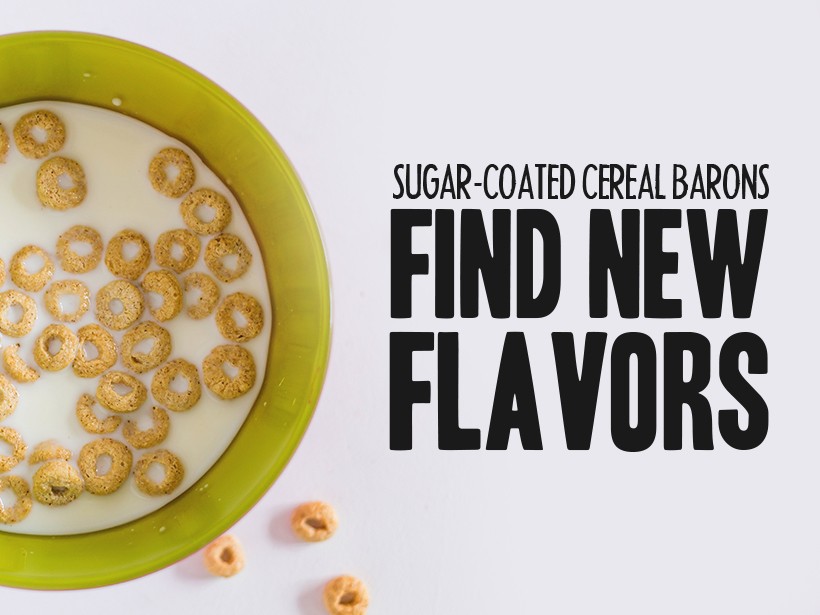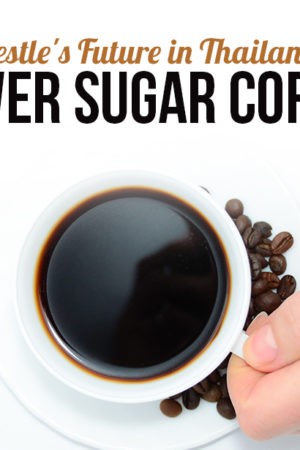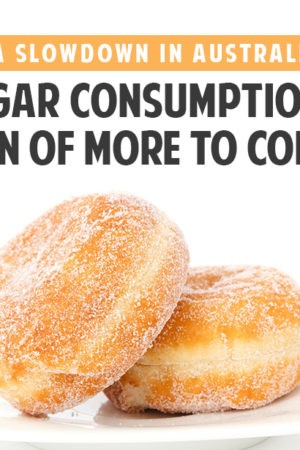The frontlines against sugary cereals have long been established. However, as is usually the case when it comes to the sugar industry, government regulations are flaky and stale. As people in the U.S. and the U.K., the heaviest consumers of these so-called balanced breakfasts, scramble to find healthier options to start the day, the big names in cereal are recalibrating their image, focusing more on changes to flavor than changes to the sugar content of their products.
Industry “Initiatives”
The cereal industry and its major players have been called out again and again for their refusal to lower sugar quantity to reasonable levels in their products. Most recently, U.K. health officials “named and shamed” the worst offenders (mostly Kellogg and Nestle brands), drawing up a list of the worst products on the market in an effort to draw attention to childhood obesity.1
This is nothing new. In her book Eat Your Heart Out, Felicity Lawrence describes how, in 2005, she and several other journalists were flown in a private jet to witness the new, nutritional steps being taken at Kellogg, in the company’s effort to stave off the public outcry. In an effort to combat the U.K. government’s development of a traffic light labelling system, the company had developed its own nutritional labelling system. “Needless to say,” says Lawrence, “the industry’s guideline daily amounts were more generous than official targets, particularly on sugars.” In order to coax the government into submission, Kellogg had even “lent” the Food Standards Agency one of its researchers to keep them “in on the consultation process.”2
“Organic” Flavors
Cereal sales have decreased over the course of the past decade, and industry titans like Kellogg, Nestle, and Post have been searching for solutions. Their conclusions? No longer a breakfast staple, sugary cereals should be marketed as a snack food to take up space in the diet throughout the day. General Mills had exactly this in mind when it released Tiny Toast in 2016, its first new cereal in 15 years. 3
It seems a new era of cereal marketing is upon us, one that combines the unabashed candy flavors directed towards kids with more subtly designed, faux-natural options for parents, too. For example: wild blueberry. The Wild Blueberry Association, pitching for its place in cereals, conducted a poll that asked consumers how they would respond to “wild blueberry” on the package. 67 percent said they would automatically assume the product was healthier as a result. Such is the power of advertising. Indeed Deb Collins, trade marketing manager for the Association, said that the blueberries would “epitomize the real food movement, and they can enhance product appeal and help brands connect with consumers.”4 As demand for healthier cereals increases, consumers are dangerously susceptible to falling prey to the resourcefulness of the industry, which will do anything to distract us from its sugar-laced bottom line.
NUTRITIONAL DISCLAIMER
The content on this website should not be taken as medical advice and you should ALWAYS consult with your doctor before starting any diet or exercise program. We provide nutritional data for our recipes as a courtesy to our readers. We use Total Keto Diet app software to calculate the nutrition and we remove fiber and sugar alcohols, like erythritol, from the total carbohydrate count to get to the net carb count, as they do not affect your blood glucose levels. You should independently calculate nutritional information on your own and not rely on our data. The website or content herein is not intended to cure, prevent, diagnose or treat any disease. This website shall not be liable for adverse reactions or any other outcome resulting from the use of recipes or recommendations on the Website or actions you take as a result. Any action you take is strictly at your own risk.
- California Pushes for Cigarette-Like Warning Labels on Soda - July 1, 2019
- Is a Slowdown in Australia's Sugar Consumption a Sign of More to Come? - June 24, 2019
- Groundbreaking Study Says the Sugar Rush Doesn't Exist - June 12, 2019































